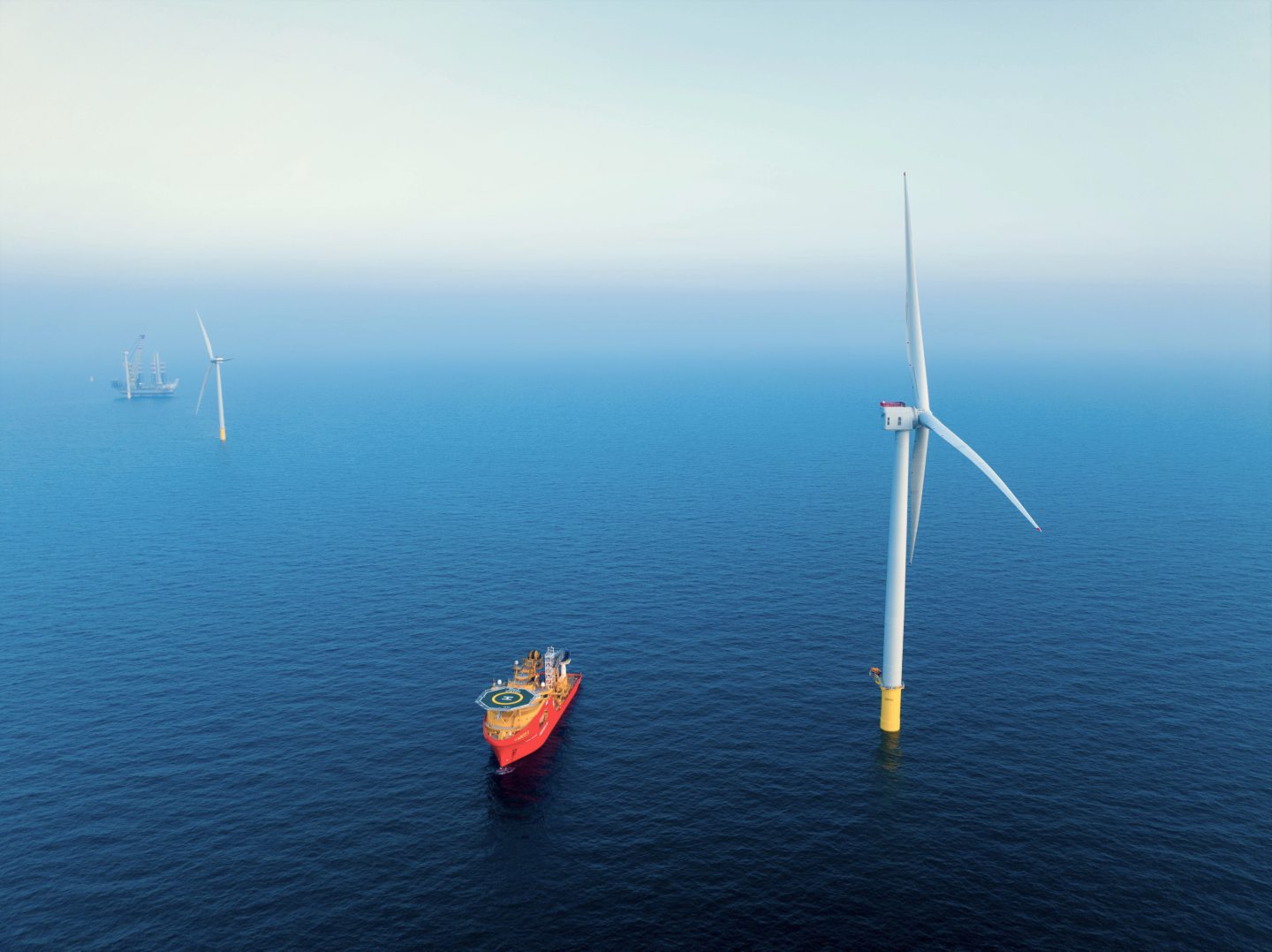
Supply chain challenges and a lack of financing are eroding the energy industry’s confidence in reaching global net zero targets.
The Energy Industry Council’s (EIC’s) Global Net Zero Jeopardy Report surveyed 38 energy industry leaders from 29 EIC member companies worldwide.
It found that 89% of respondents believe that the world’s 2030 emissions goals could not be achieved.
However, for 2050 targets, 45% said they still see a pathway to success. Respondents were also generally more optimistic about reaching their own country’s goals, with 16% saying national 2030 targets were within reach and 66% for 2050.
Of the respondents, 61% said net zero is at risk due to a lack of supply chain capacity. Of these, 21% cited a shortage of qualified individuals as a critical barrier, and 11% said infrastructure issues stood in the way of more net zero projects.
Oil and gas FIDs
The EIC report also found that, globally, oil and gas projects have significantly higher final investment decision (FID) rates compared to cleantech projects.
Of 1,069 upstream oil and gas projects, representing around $1.29tn of capex expenditures, 21.42% have reached FID worth 35.22% of the total capex value.
However, of the 599 offshore wind projects in development around the world, only 9.18% have reached FID, accounting for 5.35% of the $1.86tn in capex expenditures.
At the current pace of project deployment, the report warned that achieving current global net zero targets is unrealistic.
Among the interviewed executives, 61% stress the need for more investment and incentives to launch net zero projects, pointing to the high costs of green transitions and the importance of ensuring profitability for sustainability.
Of these, 18% lamented the scarcity of financing, and 55% said that ensuring adequate financing is paramount for pushing clean energy targets.
“This disparity in optimism underscores a crucial point,” said EIC CEO Stuart Broadley. “While the immediate future appears daunting, with most leaders now holding the view that interim targets are unachievable, there is a stronger belief—both within our home nations and collectively as one global community—in our ability to correct our course by the ultimate 2050 target date.
“This optimism is due to the potential for technological advancements and the conversion of policy into implementation.”
Recommended for you

 © Supplied by SSE
© Supplied by SSE